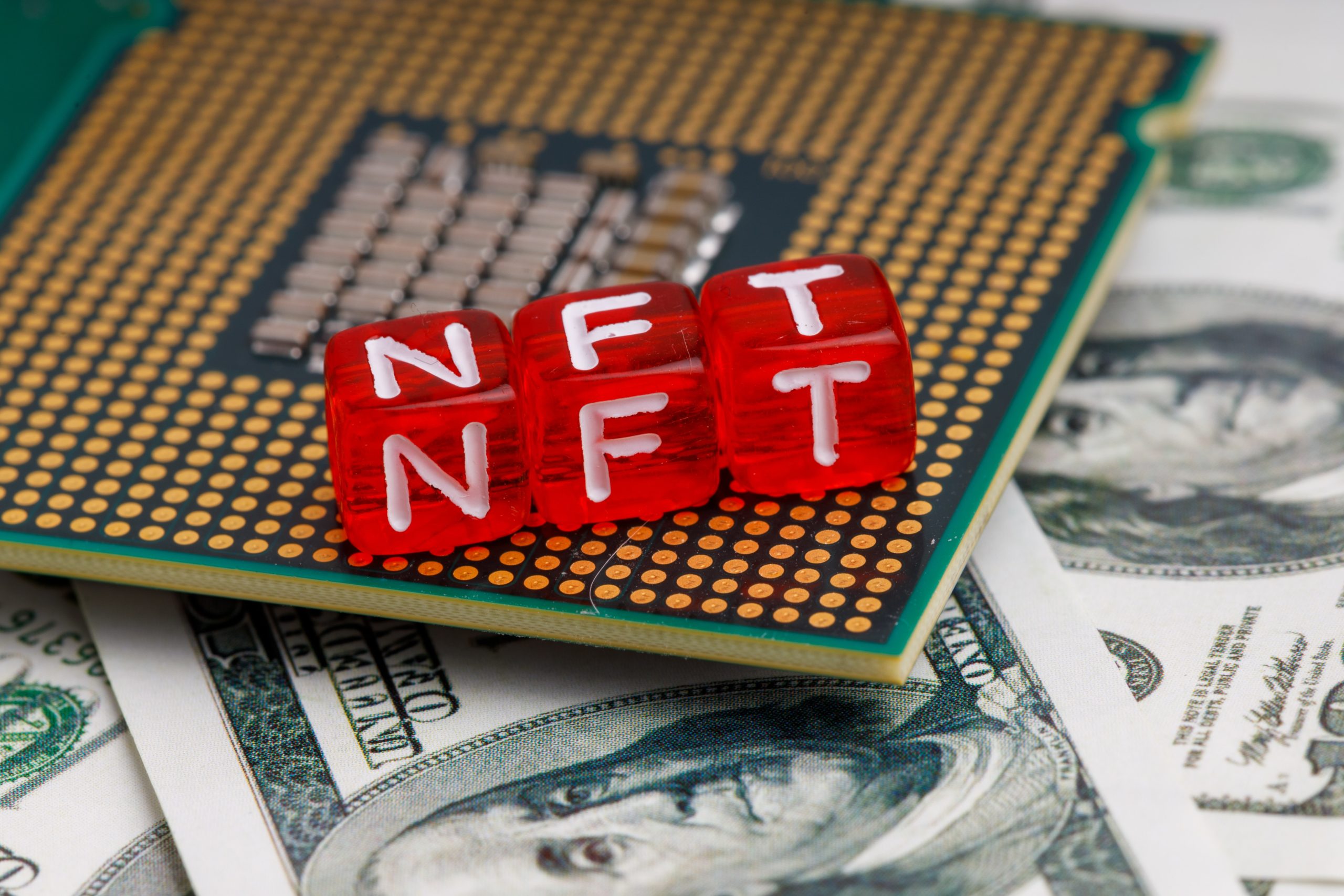![]()
In the past few months, a new form of crypto asset has exploded in popularity. Celebrities are talking about it, “crypto-experts” are debating whether they’re the next smart investment but many people have no idea what NFTs even are. So, what are they?
NFT stands for “non-fungible tokens.” Coinbase defines NFTs as “a special kind of crypto asset in which each token is unique — as opposed to “fungible” assets like Bitcoin and dollar bills, which are all worth the same amount. Because every NFT is unique, they can be used to authenticate ownership of digital assets like artworks, recordings, virtual real estate or pets.
NFTs started gaining popularity in February of 2021 when an artist known as Beeple sold a 10-second video for $6.6 million. In exchange for their money, collectors who bought the video didn’t receive any physical manifestation of the artwork. Instead, they received a token, an NFT, attesting that each owner’s version was the real one.
Basically, NFTs could be anything from an art piece, domain name, music piece, a trading card or just about any digital good that has a value attached to it — even a tweet.
With their exponential growth, NFTs have raised philosophical questions and created controversy as to whether they make sense or not. Proponents of NFTs explain that they buy original traceability, which leads to social prestige. An article from Beincrypto states, “it is one thing to hold one of the millions of reproductions, but another altogether when you hold a piece of cultural history that can be directly traced to its creators.”
On the other hand, skeptics of NFTs harshly criticize this new form of crypto; people over the internet have gone on to call them “multi-dimensionally awful” or scams.
Furthermore, experts have also criticized NFTs and the risk they bring. According to an article from the Washington Post, Paul Krugman, winner of the Nobel Prize for economics, has referred to cryptocurrency as a “giant bubble” and likened it to the subprime mortgage crisis because of “growing evidence that the risks of crypto are falling disproportionately on people who don’t know what they are getting into and are poorly positioned to handle the downside.”
The most peculiar part of NFTs, however, is the push celebrities have been giving all over social media and television. Celebrities like Matt Damon and Gwyneth Paltrow have been promoting their digital art, inviting everyone to participate in on it as well. Celebrity endorsements are especially relevant after Krugman’s statement. These celebrities influence their followers to get involved in something they’re not familiar with.
However, celebrities hopping on the trend has not been all positive for NFTs popularity. Jimmy Fallon has received brutal criticism from one of its last episodes from The Tonight Show, with special guest Paris Hilton. In the episode, Fallon and Hilton talked about NFTs and awkwardly show off their acquisitions—apes in hats—explaining that they buy them because the apes “reminded them of themselves.” After the episode aired, people took to Twitter to bash Fallon, calling the segment the most awkward, tone-deaf and disingenuous thing they have seen.
Simply put, NFTs are a new digital way to make money. But like any other investment, it has its share of risks as well, and it’s definitely not for everybody.
Photo courtesy of Andrey Metelev at Unsplash
Gabriela Arosemena





